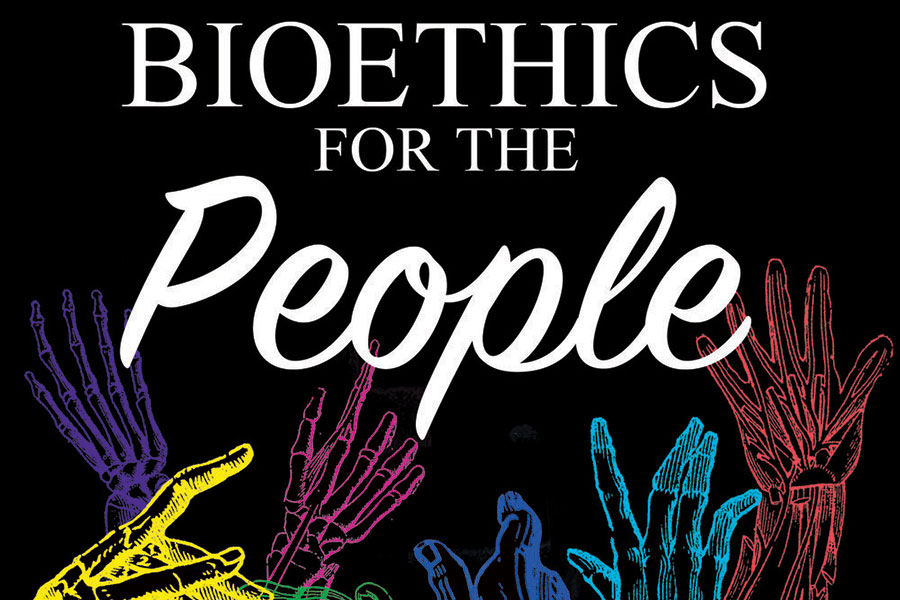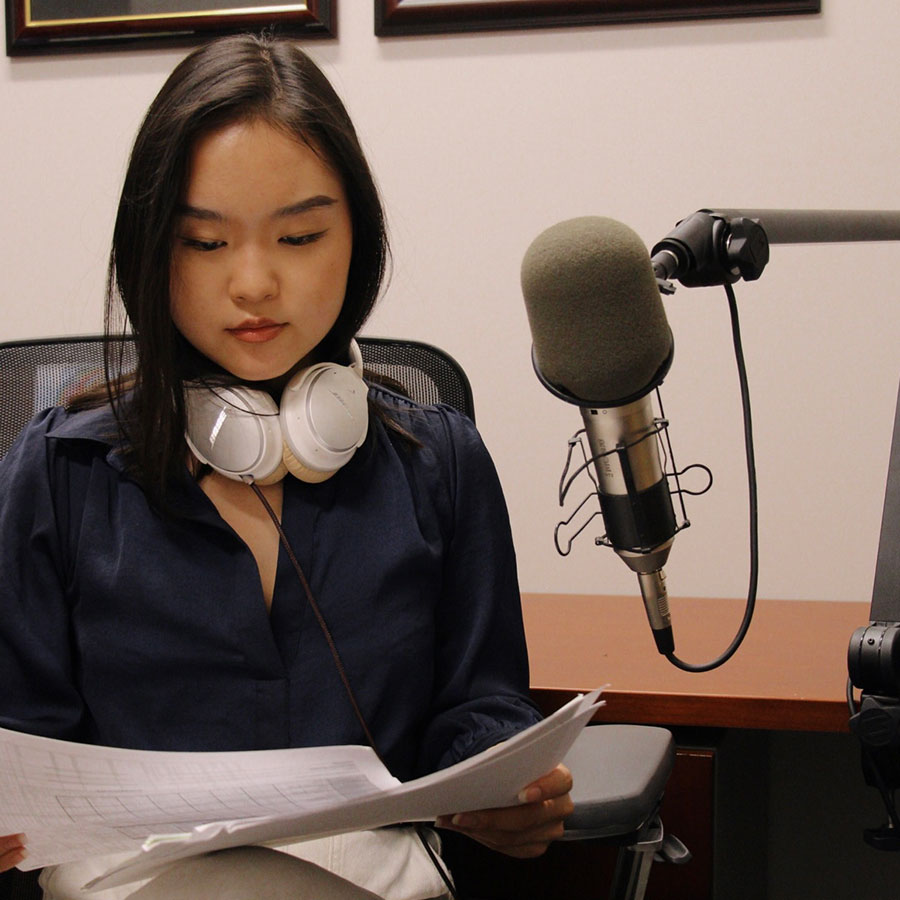Baylor Engaged: Mikaela Kim

Three years ago, I had never heard the word ‘bioethics’, let alone knew what it meant. Now, I work as an undergraduate bioethics research assistant for Dr. Devan Stahl, Associate Professor of Bioethics and Religion at Baylor University. How did I get here?
I like to say that my life is the product of healthcare and the humanities. My father is a healthcare administrator who introduced me to healthcare and medicine, and my mother is an educator who gave me a classical education. From a young age, I possessed a passion for a variety of disciplines such as law, philosophy, medicine, literature, religion, sociology, and healthcare, but I did not believe that I would ever find a point at which these disciplines intersected. However, when I came to Baylor, I was introduced to bioethics and realized my longstanding belief was wrong.
The term ‘bioethics’ is derived from the Greek words bios (life) and ethike (ethics). Although humans have faced bioethical issues for millennia, the field as we know it today did not emerge until the 1950s and 1960s. Bioethicists study topics ranging from artificial intelligence, to genome editing, to religious objections to medical treatment, informed consent, triage, and the physician-patient relationship. What I love most about bioethics is that it draws upon multiple disciplines and often precipitates collaboration among the professionals that comprise them. Bioethics recognizes that lawyers, policy makers, theologians, philosophers, physicians, scientists, and sociologists, etc. all have something valuable to bring to the table.
I now hope to become a Clinical Ethicist and bioethics professor. Thus, when Dr. Stahl approached me with the prospect of conducting bioethics research for her, I jumped at the chance. Dr. Stahl had learned about Baylor’s Undergraduate Research and Scholarly Achievement initiative and suggested that I apply for student funding. So, I assembled and submitted a proposal for a Student Salary URSA Mini-Research Grant, and to my delight, my proposal was accepted!
Thanks to URSA, I have been able to be paid to conduct bioethics research for Dr. Stahl this semester. My research will contribute to Season Five of Bioethics for the People, a popular bioethics podcast that Dr. Stahl co-hosts with Dr. Tyler Gibb, Associate Professor and co-Chair of the Department of Medical Ethics, Humanities, & Law at Western Michigan University Homer Stryker M.D. School of Medicine. The show is ranked among the top five percent of all podcasts and boasts 30,000 listeners. Season Five’s theme will be “Cases That Made Us”, thus my research focuses on landmark bioethics cases that laid the groundwork for the field and emphasized bioethicists’ indispensability in healthcare, medicine, and society at large.
Although I conduct most of my research remotely, I meet with Dr. Stahl once a week to review my progress. I utilize a variety of resources including PubMed, Baylor University’s libraries, other podcasts, news articles, and peer-reviewed journals such as the Journal of the American Medical Association (JAMA), the American Journal of Bioethics, and Medical Humanities. For every case, I submit my research in a multi-part report containing the case’s details, key questions it raises, its impact on future, similar cases, and its long-term effects on bioethics, healthcare, medicine, and beyond.
Upon graduating from Baylor University, I intend to pursue a PhD in Bioethics and a subsequent Clinical Ethics Fellowship. As I prepare to take the next steps in my professional career, I can confidently say that my research has not only served to broaden my knowledge of the field, but also deepen my passion for it. It has helped lay a firm foundation upon which my forthcoming education will assuredly thrive.

